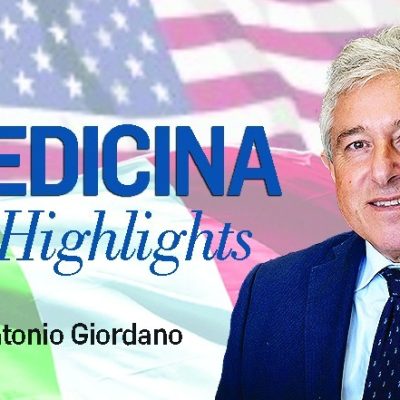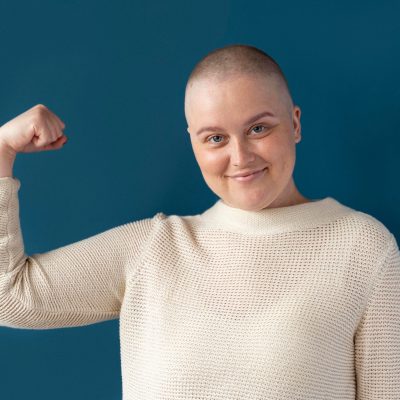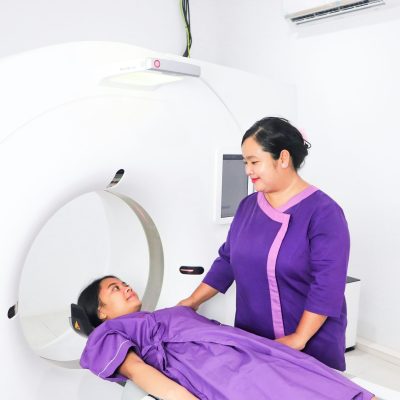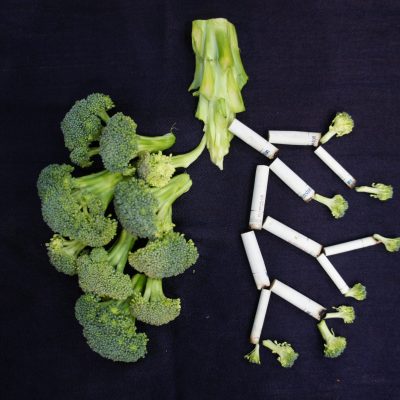Discover our research
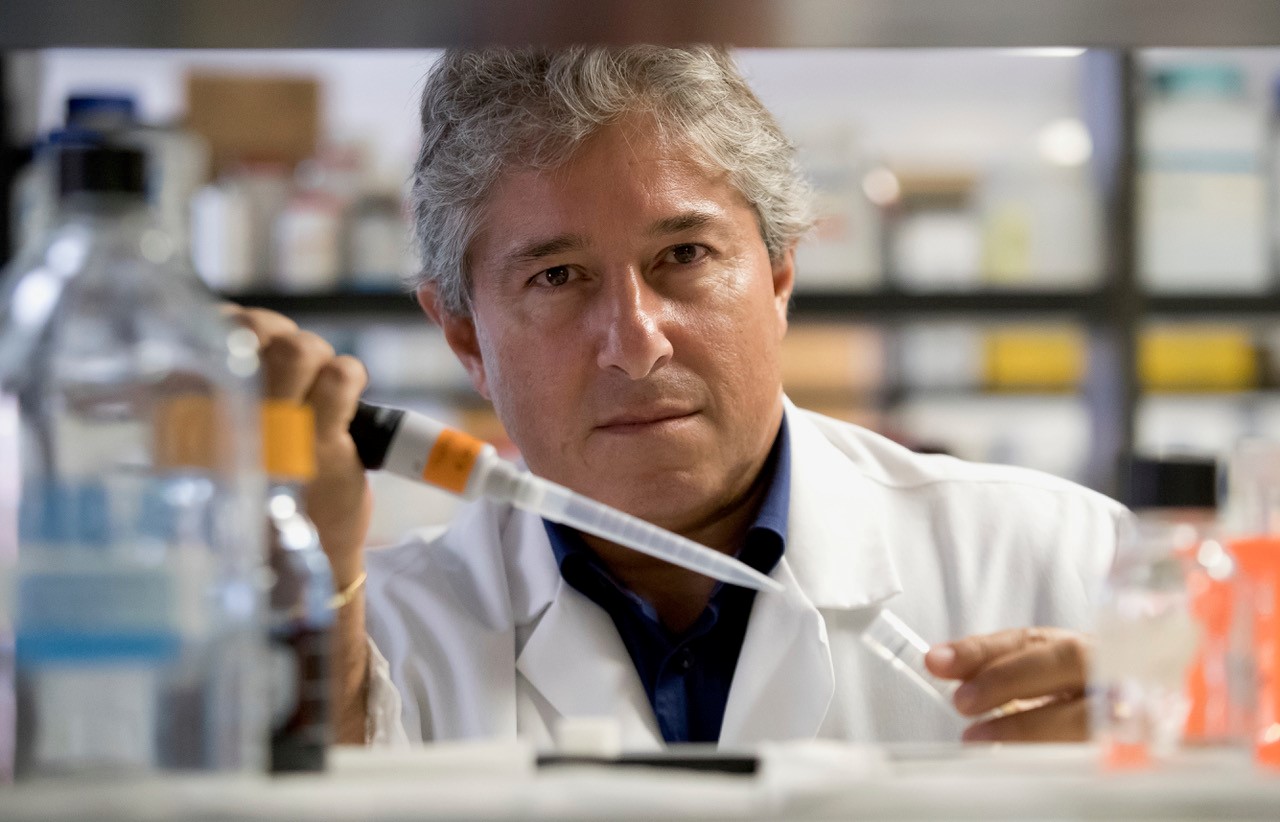
Prof. Antonio Giordano
Born in Naples, Italy October 11 – 1962, Dr. Antonio Giordano is a Professor of Molecular Biology at Temple University in Philadelphia and a ‘Chiara fama’ Professor in the Department of Pathology & Oncology at the University of Siena, in Siena, Italy.
Dr. Antonio Giordano is also the Director of the Sbarro Institute for Cancer Research and Molecular Medicine and the Center for Biotechnology at Temple’s College of Science & Technology.
Scientific publications
SHRO’s research does not stop at discovering therapies. We work to understand the biological and environmental mechanisms that lead to cancer. Our efforts contribute to the identification of biomarkers, genetic risk factors, and early signs that can guide preventive strategies and public health campaigns.

CDK9-55 guides the anaphase-promoting complex/cyclosome (APC/C) in choosing the DNA repair pathway choice

Identification of murine cdk10: association with Ets2 transcription factor and effects on the cell cycle
About Cancer
We Believe in prevention
At SHRO, we believe that the most powerful weapon against cancer is prevention. While our laboratories work every day to develop new therapies and understand cancer at the molecular level, we know that many cancers can be avoided, or intercepted early, through timely and appropriate preventive strategies.
Prevention isn’t just a medical recommendation; it’s a life-saving opportunity.
Glossary
- Glioma Astrocytomas
- Childhood Ependymoma
- Diffuse Intrinsic Pontine Glioma
- Atypical Teratoid/Rhabdoid Tumor
- Childhood Medulloblastoma
- Childhood Craniopharyngioma
- Kaposi Sarcoma
- Childhood Soft Tissue Sarcoma
- Uterine Sarcoma
- Small Intestine Cancer
- Stomach Cancer
- Thymoma and Thymic Carcinoma
- Childhood Thymoma and Thymic Carcinoma
- Thyroid Cancer
- Childhood Thyroid Cancer
- Urethral Cancer
- Vaginal Cancer
- Vulvar Cancer
- Adult Brain Tumors
- Osteosarcoma
- Ovarian Low Malignant Potential Tumors
- Childhood Ovarian Cancer
- Pheochromocytoma and Paraganglioma
- Childhood Pheochromocytoma
- Parathyroid Cancer
- Penil Cancer
- Pituitary Tumors
- Multiple Myeloma
- Breast Cancer Pregnancy
- Prostate Cancer
- Recurrent Cancer
- Intraocular Melanoma
- Retinoblastoma
- Skin Cancer
- Childhood Skin Cancer
- Melanoma
- Childhood Melanoma
- Merkel Cell Carcinoma
- Neuroblastoma
- Non-Small Cell Lung Cancer (NSCLC)
- Small Cell Lung Cancer (SCLC)
- Pleuropulmonary Blastoma (PPB)
- Childhood Tracheobronchial Tumors
- Langerhans Cell Histiocytosis (LCH)
- Esthesioneuroblastoma
- Childhood Acute Lymphoblastic Leukemia (ALL)
- Childhood Acute Myeloid Leukemia (AML)
- Liver Cancer
- Childhood Liver Cancer
- Hodgkin Lymphoma
- Mycosis Fungoides
- Childhood Hodgkin Lymphoma
- Childhood Non-Hodgkin Lymphoma (NHL)
- Male Breast Cancer
- Childhood Breast Cancer
- Oropharyngeal Cancer
- Paranasal Sinus and Nasal Cavity Cancer
- Salivary Gland Cancer
- Soft Tissue Sarcoma
- Rhabdomyosarcoma
- Childhood Vascular Tumors
- Intraocular Melanoma
- Pancreatic Cancer
- Pancreatic Neuroendocrine Tumors
- Childhood Pancreatic Cancer
- Kidney Cancer
- Transitional Cell Cancer of the Renal Pelvis and Ureter
- Wilms Tumor
- Germ Cell Tumors Childhood CNS
- Germ Cell Tumors Childhood Extracranial
- Germ Cell Tumors Extragonadal
- Germ Cell Tumor Ovarian
- Testicular Cancer
- Gestational Trophoblastic Disease (GTD)
- Hairy Cell Leukemia
- Hypopharyngeal Cancer
- Laryngeal Cancer
- Lip and Oral Cavity Cancer
- Metastatic Squamous Neck Cancer
- Nasopharyngeal Cancer
- Diffuse Intrinsic Pontine Glioma (DIPG)
- Embryonal Tumors Childhood CNS
- Endometrial Cancer
- Ependymoma Childhood
- Esophageal Cancer
- Ewing Sarcoma
- Extracranial Germ Cell Tumors
- Extragonadal Germ Cell Tumors
- Fallopian Tube Cancer
- Gallbladder Cancer
- Gastric Stomach Cancer
- Gastrointestinal Neuroendocrine Tumors
- Gastrointestinal Stromal Tumor
- Burkitt Lymphoma
- Carcinoma of Unknown Primary
- Cervical Cancer
- Childhood Cancers
- Childhood Cardiac Tumors
- Childhood Cancers Rare
- Cholangiocarcinoma
- Chordoma Childhood
- Chronic Lymphocytic Leukemia (CLL)
- Chronic Myeloid Leukemia (CML)
- Colon Cancer
- Craniopharyngioma Childhood
- Ductal Carcinoma
- AIDS-Related Lymphoma
- Anal Cancer
- Appendix Cancer
- Astrocytoma
- Atypical Teratoid
- Basal Cell Carcinoma (BCC)
- Bile Duct Cancer
- Bladder Cancer
- Bone Cancer
- Brain Tumors
- Breast Cancer
- Bronchial Tumors (Lung cancer)
- Acute Lymphoblastic Leukemia (ALL)
- Acute Myeloid Leukemia (AML)
- Adrenocortical Carcinoma
Our Impact in Cancer Research
SHRO’s research does not stop at discovering therapies. We work to understand the biological and environmental mechanisms that lead to cancer.
Our efforts contribute to the identification of biomarkers, genetic risk factors, and early signs that can guide preventive strategies and public health campaigns.
1000
High-impact scientific publications.
400
Students in the Italy – USA exchange program.
70000
Citations of our studies on Google Scholar.

Donate Now
At the Sbarro Health Research Organization (SHRO), our mission is clear: to advance scientific knowledge in the fight against cancer. Every donation we receive is a building block toward breakthrough research, young scientists’ training, and real hope for patients and families around the world.
90% of all donations directly finance scientific research conducted in our laboratories, in accordance with SHRO’s transparent economic policy.
Join us. Here are all the ways you can support.
Beneficiary Name:
SBARRO HEALTH RESEARCH ORG
1230 GULPH CREEK DRIVE
RADNOR, PA 19087
Receiving Bank:
PNC Bank.
Philadelphia, PA
Routing Number: 031000053
Account Number: 8612524557
SWIFT CODE: PNCCUS33
PayPal:
SBARRO HEALTH RESEARCH ORGANIZATION
Link PayPal click here



